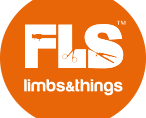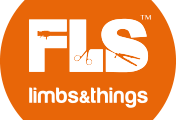Safer, repeatable training
When Margot Cooper started Limbs & Things in 1990, she had a vision of clinical education moving away from cadavers and animals. For many tasks, these were difficult to use and expensive. That’s why today we strive to provide repeatable, anatomically accurate and cost-effective training solutions. We want students’ to become more competent and confident learners.
Accurate experience by design
We want our products to lead the market. That’s why we invest in Research & Development to find the latest materials and processes. This allows us to build products that are clinically accurate to enhance students’ learning. By doing this, students can feel confident that their practice will prepare them for tasks ahead.
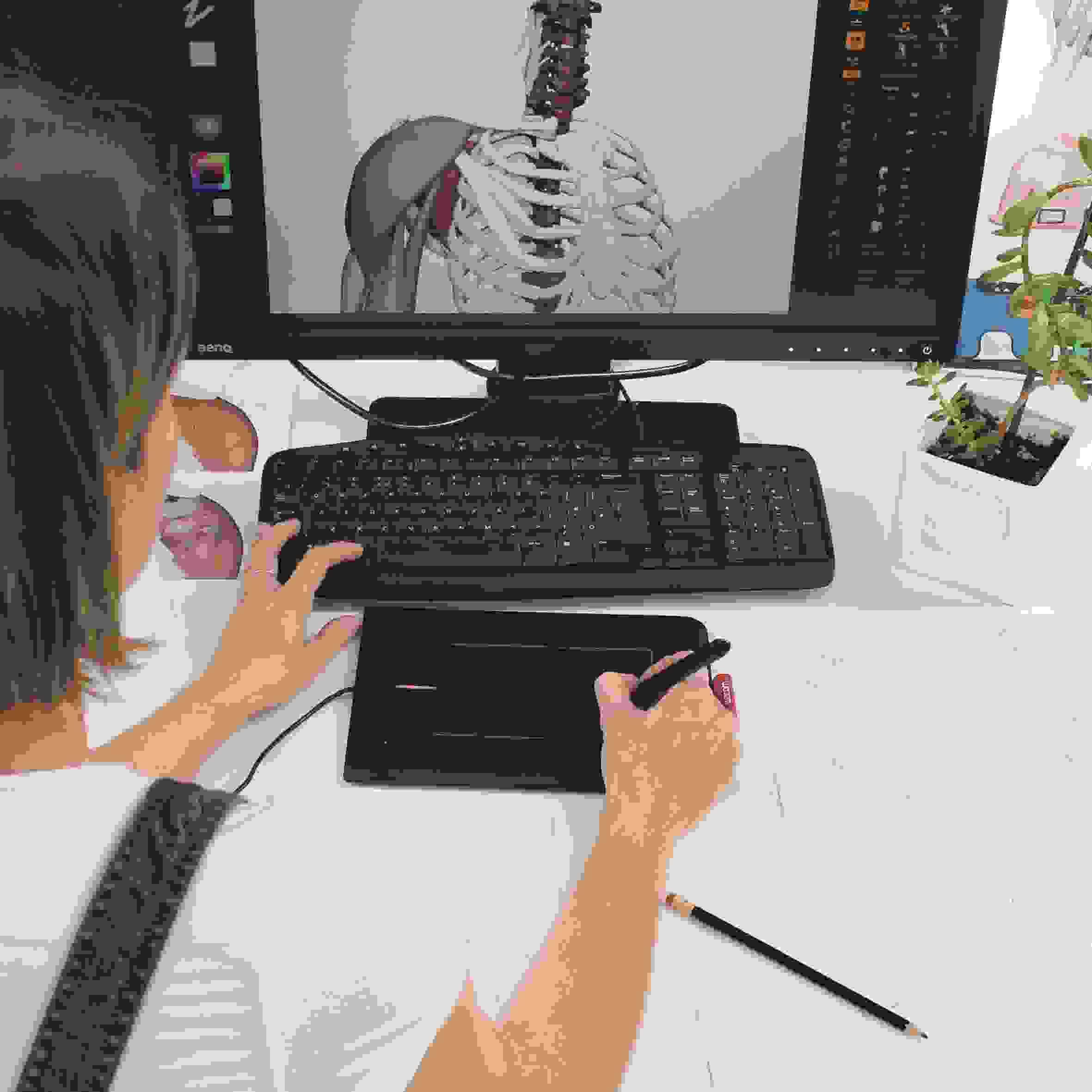
A New Way
Limbs & Things was established in 1990 by Margot Cooper, a medical illustrator and active member of both the Medical Artists Association of Great Britain and the European Association of Medical & Scientific Illustrators.
Considering the emerging technologies, healthcare and social issues of the time, there was an increasing movement in the medical profession toward developing a new way of gaining clinical skills.
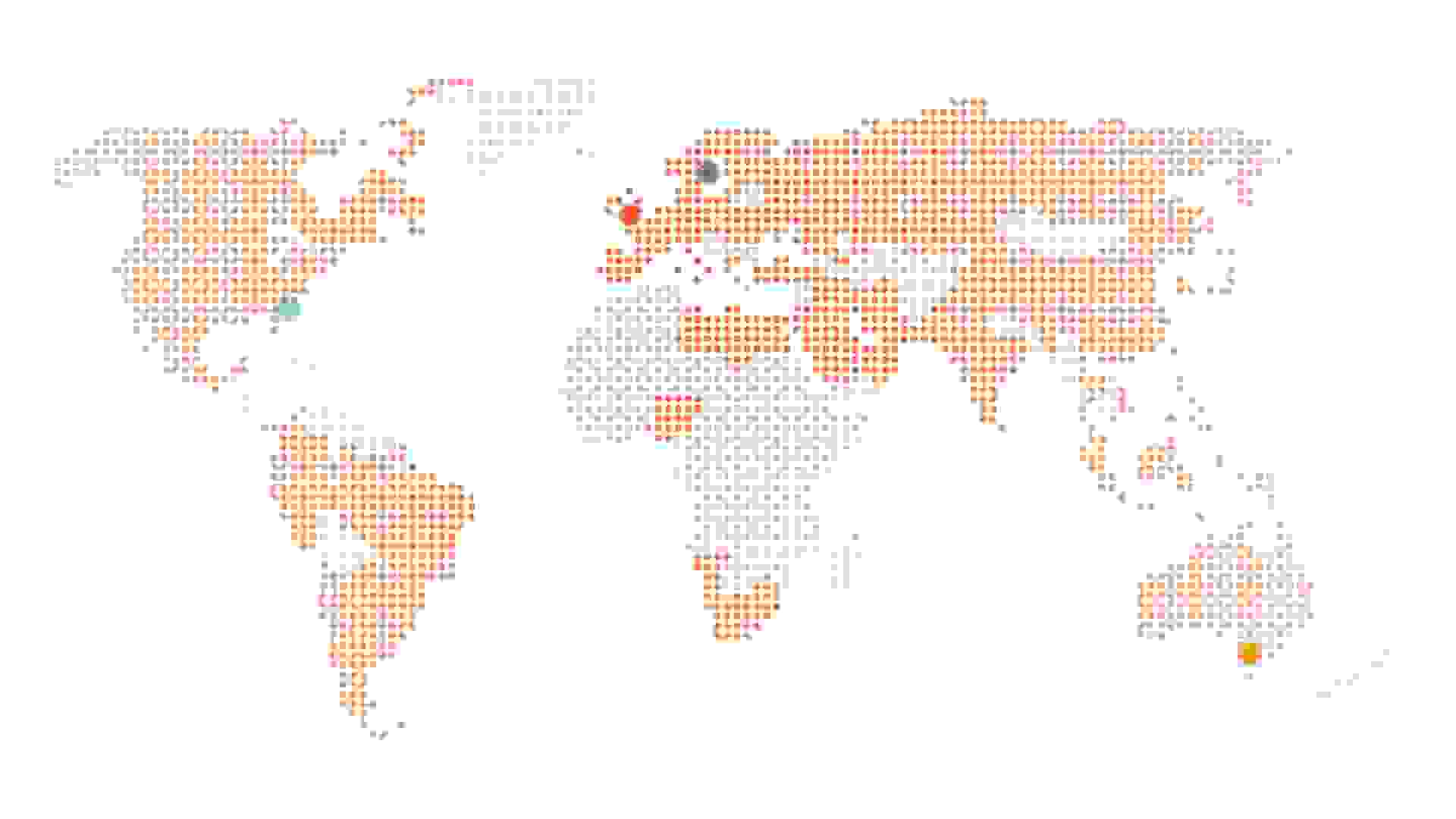
A truly international business
Back in 1996, we opened our first office outside the UK. Now with offices in the US, Australia and Europe, we’ve brought international experience and knowledge into our business. Our models are evaluated and used by specialists from around the globe. Only through this, can we be sure that we’re exceeding our customers’ expectations.
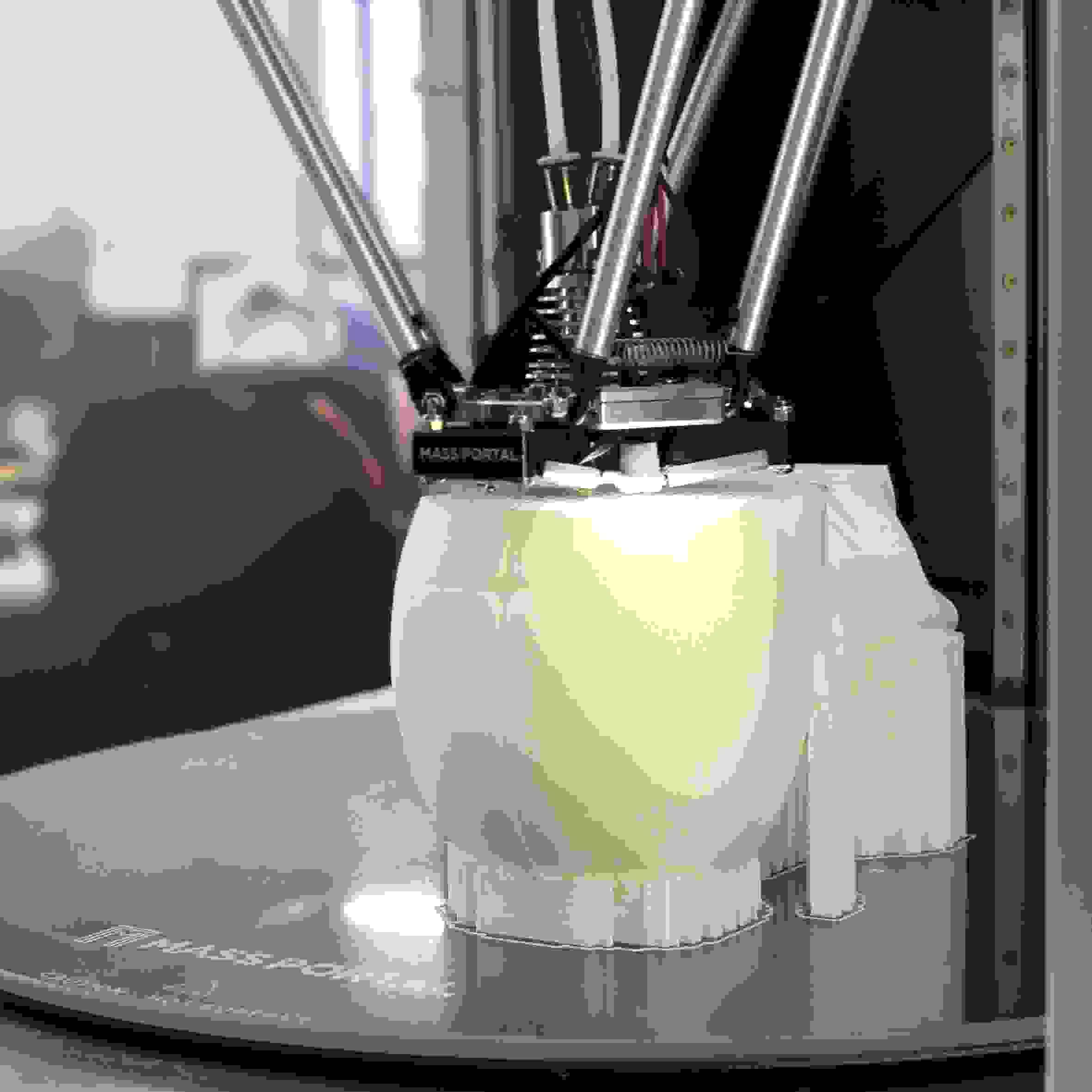
Meeting demand through investment
Our expansion has been continuous since we started but in 2018, we undertook our most ambitious project yet- a new factory. This meant a brand-new space, configured to our bespoke needs. Our investment here is so we can deliver better lead times to customers whilst maintaining our strict quality control processes.
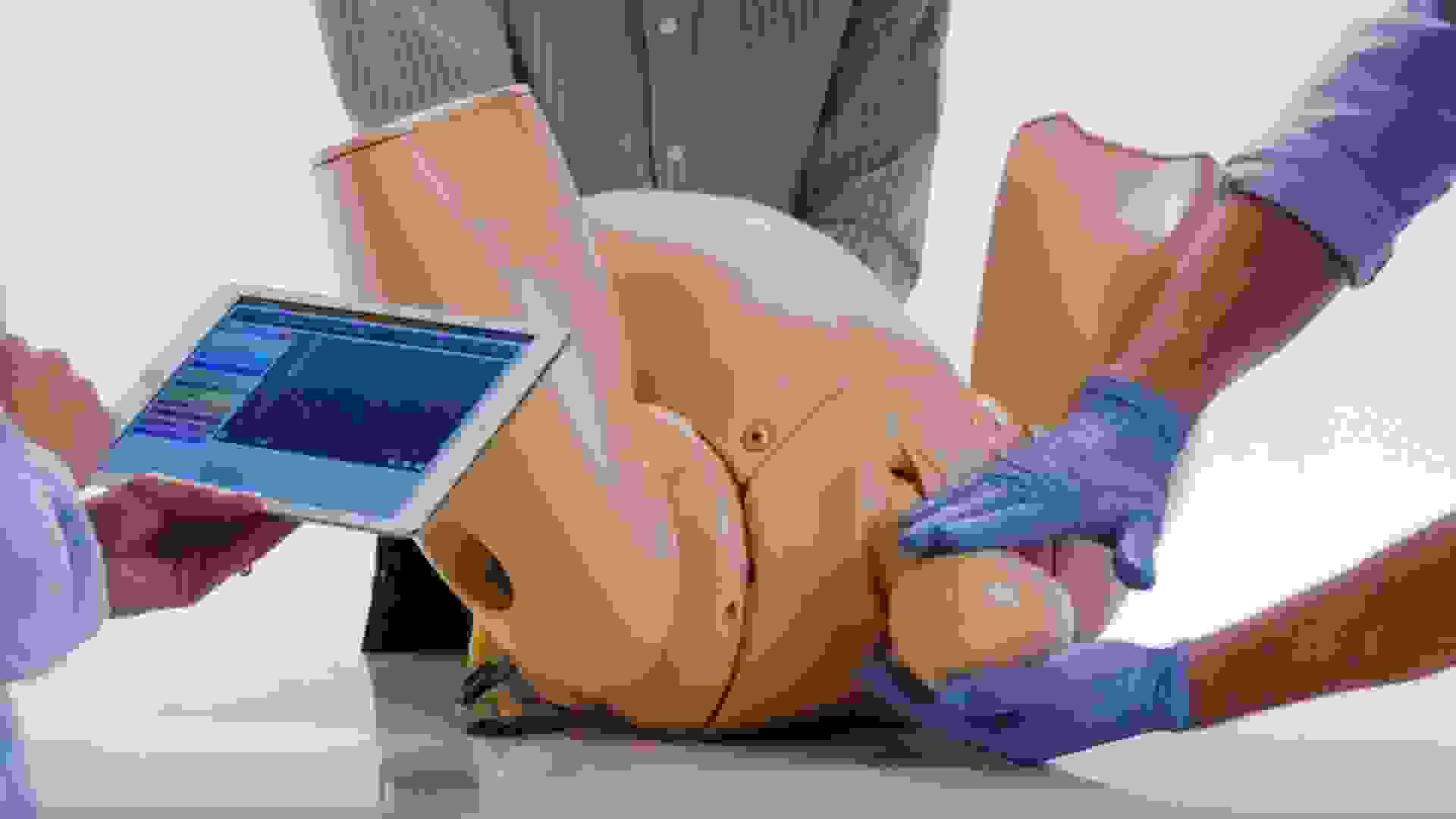
Recognition by the industry
We build our products with the mission of enhancing clinical training. That’s why we know we’ve succeeded when our models are recognised in the industry. Our Chest Drain & Needle Decompression Trainer is now used as part of ATLS courses, our Laparoscopic Skills trainer is part of the FLS® examination and several of our range are recognised for preparation for the OSCE.
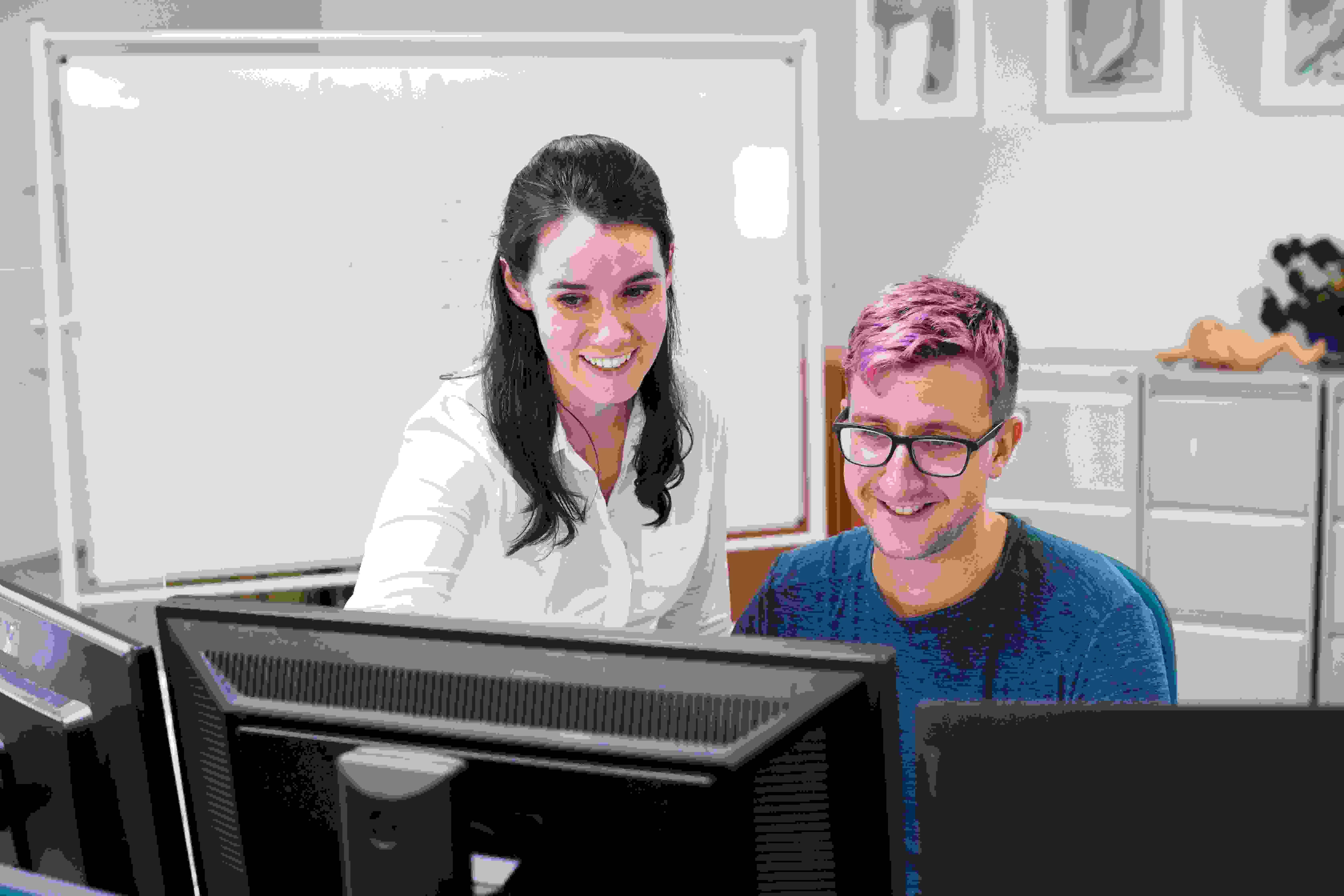
Trust through openness
Many of customers come back to us again and again. Why? Our products for one, but also our reputation for quality service. Our Sales and Customer Service teams are there for customers from demonstration through to aftercare. By making ourselves available in this way, we build trust with our customers.
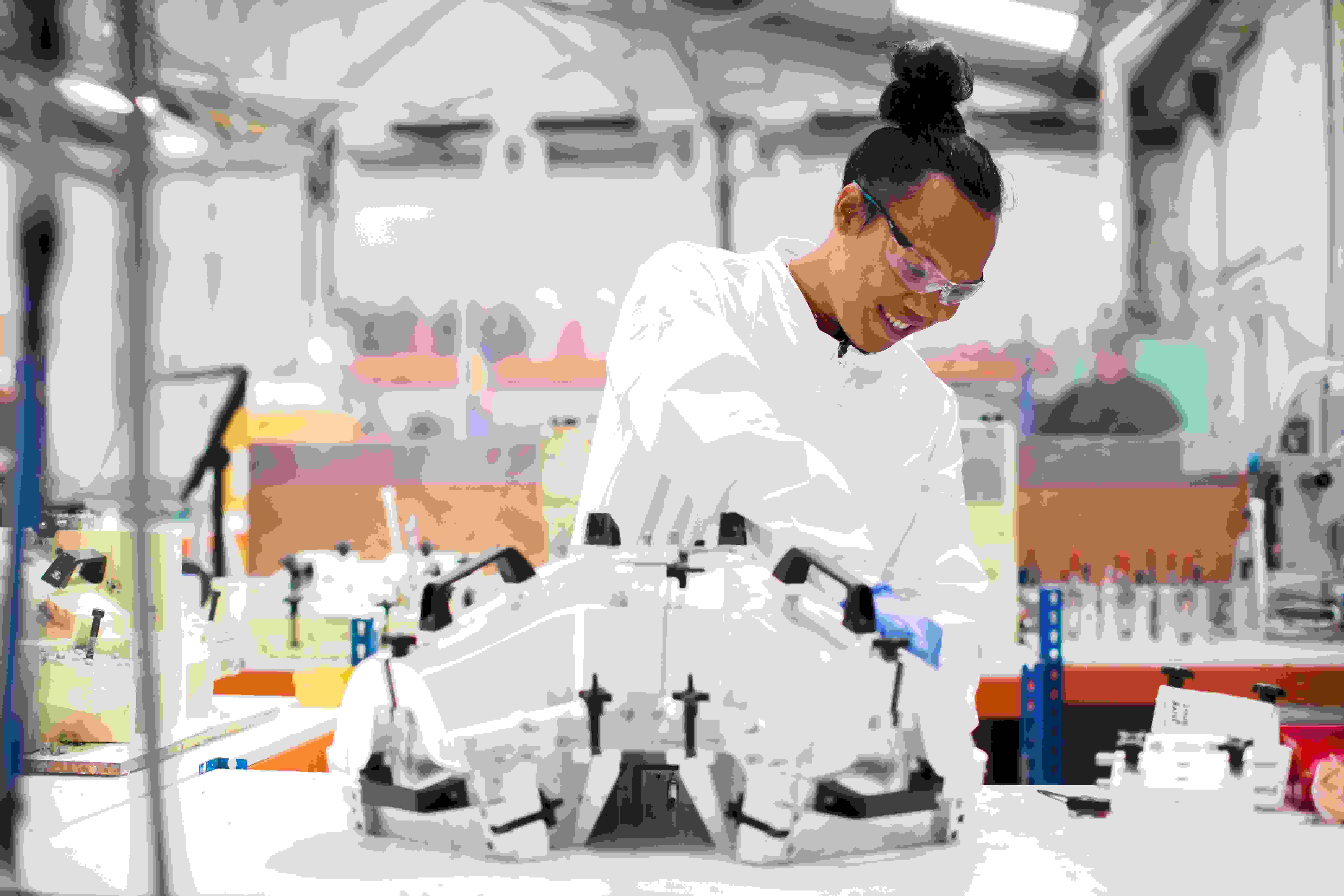
We’re always on display
As the Simulation world expands and evolves, we do too. We take our task trainers around the world to a huge variety of simulation exhibitions and shows. Why not come and meet us? Our friendly team are always on hand to demonstrate products or talk to you about your needs.
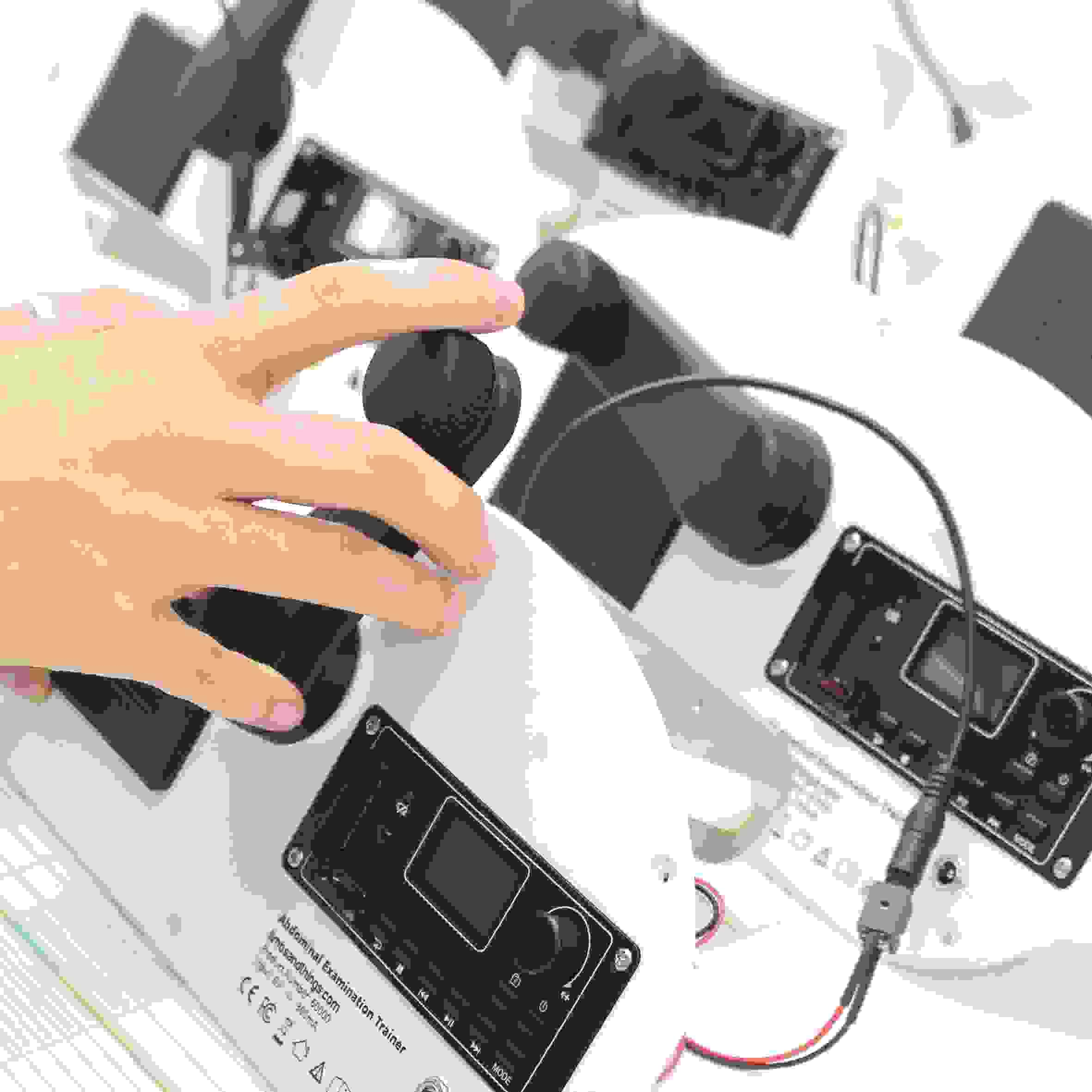
Success through collaboration
We bring our best work to the table and partner with organisations that align with our ethos. Over our 25-year history, we’ve partnered with organisations such as UNICEF on Breastmilk Expression Trainers and with the PROMPT Foundation to produce the hugely successful PROMPT Birthing Trainers. The collection of awards along the way is a welcome reminder of how far we’ve come.
-
Margot Cooper
PresidentThe founder and visionary for Limbs & Things: Margot was a trained Medical Artist before starting the business. With a vision for improving clinical education, Margot set about creating task trainers for medical training.
Margot’s passion is infectious and alongside the staff she has enjoyed numerous awards for cutting-edge products and her contribution to education.
-
Nick Hull
Managing DirectorNick has a wealth of experience in leading successful technology-driven businesses in global markets.
As a Chartered Engineer and MBA, Nick’s background gives him a great insight into the development of both technical products and organizations.
-
Ray Braso
Operations DirectorWith over 25 years in Operational Management, Ray leads the manufacturing and operations in our Bristol factory.
His expertise comes from working in a variety of markets, ranging from advanced technology to more traditional sectors including advanced aerospace components and plastics.
-
Anne Allin
Commercial DirectorWith a proven track record in commercial leadership, Anne steers the Marketing, Sales and Product Management teams across the whole business.
Having worked in a number of industry sectors, her a wide experience allows her to draw the best practices from her varied knowledge.
-
Nick Gerolemou
Product ManagerLeading and managing our team of Product Managers, Nick’s deep knowledge of Limbs & Things products and the industry is second to none.
Nick’s insight into customer needs ensures Limbs & Things products always exceeds customer expectations.
-
Pete D’Alessandro
R&D ManagerWith a Masters in Product Design, Pete leads his team of developers who bring concepts and designs to life, from both our internal teams and partner clinicians.
Pete has been an integral part of many of the innovative branded launches.
-
Robin Wootten
Chief Learning OfficerDr Robin Wootten brings many years of both practical and educational knowledge to our team.
Robin has multifaceted experience within a number of medical settings. This is something not lost on the wider simulation world, as she influences and contributes to a number of prestigious simulation organizations, helping the partnership between clinical and industry sectors.
-
Mike Kelly
General Manager US & CanadaAs General Manager of our Northern American business (USA and Canada), Mike manages the Sales, Administration and Logistic teams from the USA HQ in Savannah.
Mike, a retired Captain from the US Army brings a wealth of medical and military knowledge to his growing team.
About FLS
FLS Provides surgical residents, fellows and practicing surgeons an opportunity to learn the fundamentals of laparoscopic surgery in a scientifically accepted format with the goal of improving the quality of patient care.
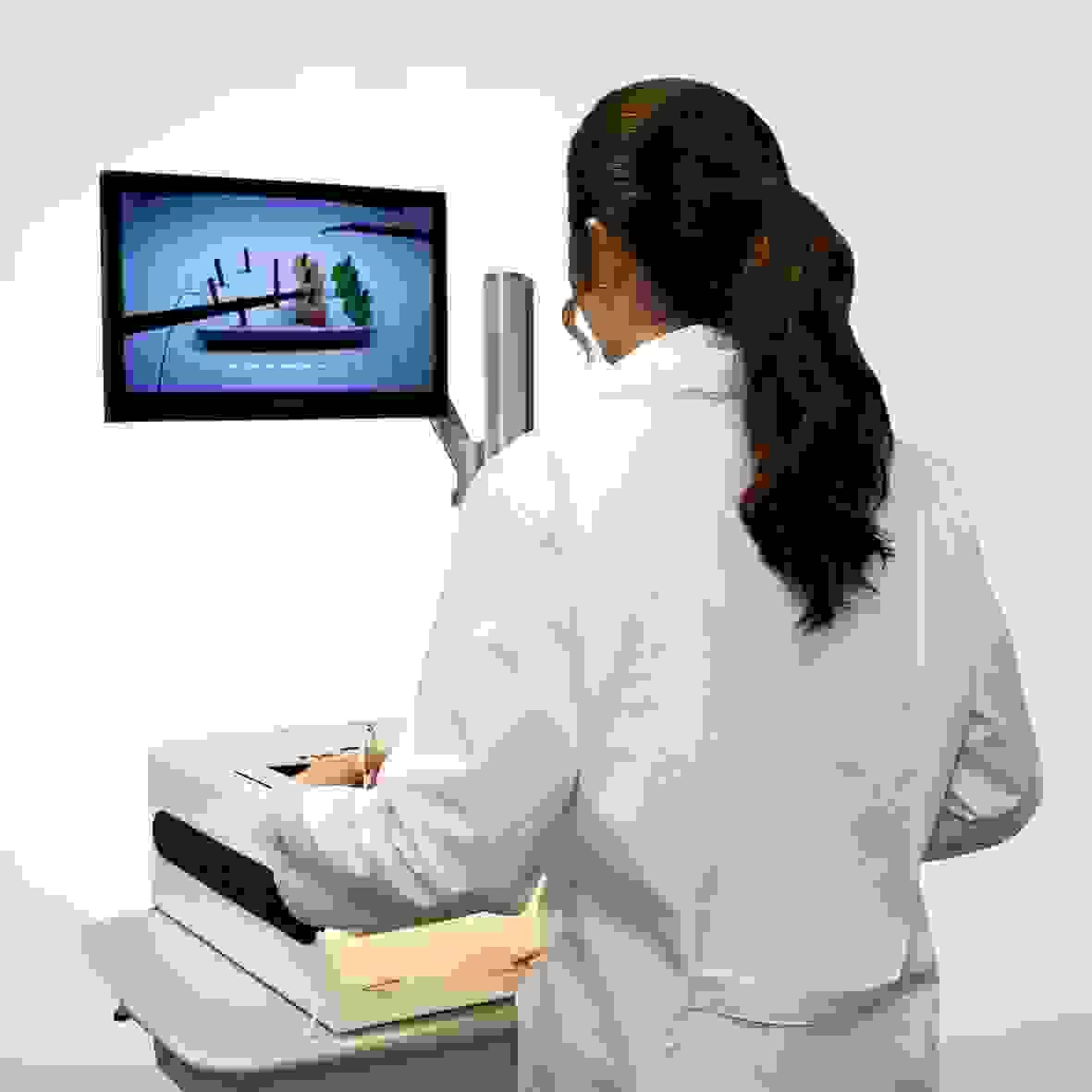
"The Fundamentals of Laparoscopic Surgery™ (FLS) is a comprehensive web-based education module that includes a hands-on skills training component and assessment tool designed to teach the physiology, fundamental knowledge, and technical skills required in basic laparoscopic surgery. The goal of FLS is to provide surgical residents, fellows and practicing physicians an opportunity to learn the fundamentals of laparoscopic surgery in a consistent, scientifically accepted format; and to test cognitive, surgical decision-making, and technical skills, all with the goal of improving the quality of patient care.
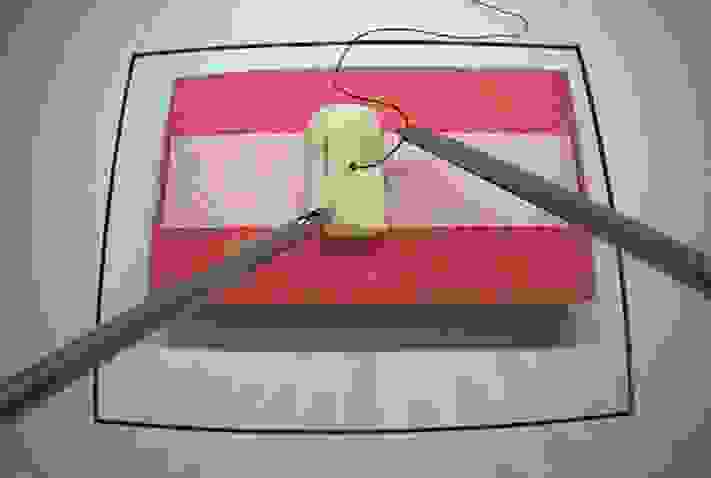
FLS establishes a standard set of didactic information and manual skills serving as a basic curriculum to guide surgical residents, fellows and practicing surgeons in the performance of basic laparoscopic surgery. By mastering the curriculum and gathering of skills in this inanimate modality, it is expected that surgical residents and surgeons will initiate and carry out their performance of laparoscopy more effectively, with greater skill, greater safety, and with lower complication rates than previously. The specific aim of FLS is that the knowledge and skills gained by those who master the FLS curriculum will improve the quality and safety of surgical care delivered to their patients.

FLS was designed for surgical residents, fellows and practicing physicians to learn and practice laparoscopic skills to have the opportunity to definitely measure and document those skills. The FLS Test measures cognitive knowledge, case/problem management skills and manual dexterity. The FLS program content has been endorsed by the American College of Surgeons (ACS) and is a joint educational offering of SAGES and ACS. FLS is also CME accredited.
Valuable as a foundation or supplement to any current MIS curriculum, FLS is also an appropriate learning tool for disciplines such as gynecology and urology, as FLS is not procedure-specific.

FLS Objectives
- To improve the quality of care received by patients undergoing laparoscopic surgery
- To set minimum standards for basic cognitive and technical skills used in performing laparoscopic procedures
- To provide surgeons practicing laparoscopy with standardized didactic information on the fundamentals of laparoscopic surgery and a tool to assist in development of judgment and manual skills
- To create an objective quantifiable measure to assess knowledge, judgment and manual skills in basic laparoscopic surgery
- To make available to hospitals and institutions a validated tool to measure the knowledge and skills fundamental to the performance of laparoscopic surgery
